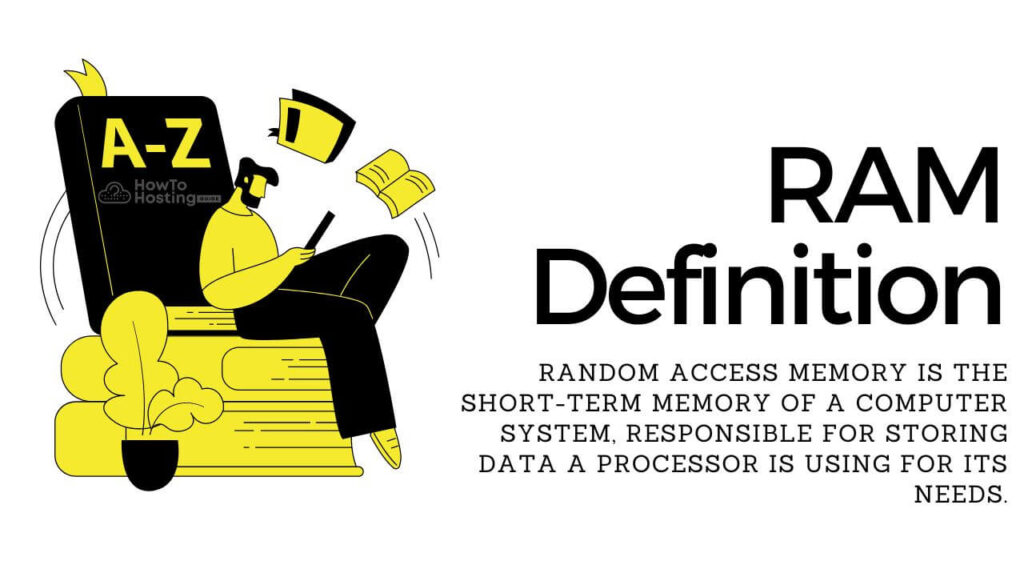What Is RAM?

- RAM Short Definition:
- RAM or also known as Random Access Memory is the short-term memory of a computer system, responsible for storing data a processor is using at that given time for its needs.
- Extended Definition:
- A Random Access Memory is a type of hardware device that helps computers, servers, and network devices to perform faster. RAM memory is accessed faster than hard disks or other storage devices, thus making it important to have a bigger capacity.
When you perform actions on a computer system, such as downloading or opening an application or a link, this type of memory is used to help the processor access that data more quickly. When you stop one task, the processor does not need that data anymore, so it replaces it in the RAM with data for the next task you launch.
Random access memory should have enough size – as if it gets overloaded, the processor will have insufficient space to store data for its current tasks. If that happens, the processor will rely also on the storage space and Internet to access information faster, but the slowdowns will be noticeable and performance will be severely impacted.
Some operating systems have limits on how much random access memory can be installed on them, so one has to be careful when considering servers and Hosting parameters. RAM for desktop machines is different than the one used in Servers. Server RAM supports Error Correcting Code, which can detect any lesser faults in a server and rectify them.
For more definitions, check out our dedicated Definitions List.
